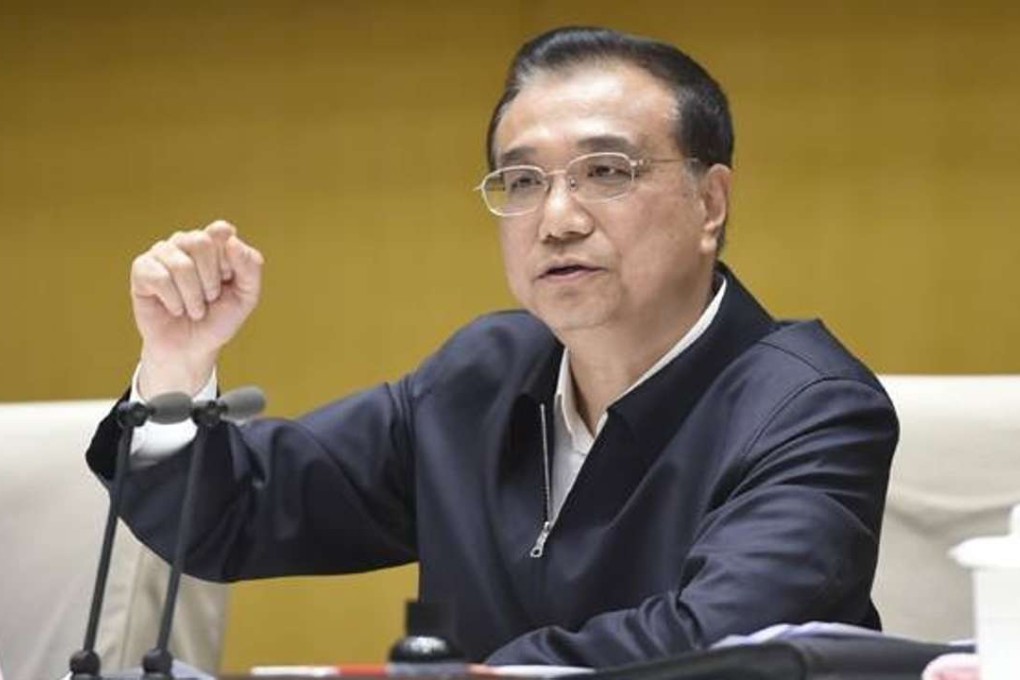Guessing game: who is mystery ‘authoritative figure’ claiming major shift in China’s economic policy?

An unnamed “authoritative figure” caused a stir in China’s market yesterday after publishing views about the nation’s economy and future policies via the Communist Party’s top mouthpiece, prompting a guessing game over who and just how high up the person was.
The remarks were carried in an article on the front page of People’s Daily and were striking for their strong personal tone, which was distinct from the usual voice of officialdom and exhibited a dislike of China’s debt-fuelled growth.
The unidentified person said propelling growth with increasing levels of debt was like “growing a tree in the air”. Houses were built for people to live in – not as targets for speculation, and government bodies shouldn’t surprise the public by making policy announcements at midnight, the person said.
China’s growth would follow an “L-shaped” trajectory and there would not be any V-shape or U-shape rebounds. “I need to stress, that the L-shape will last for a certain period of time, and it’s certainly longer than one or two years,” the person said.
In many places, the remarks repudiate policies pursued by the State Council under Premier Li Keqiang and also rebuff comments made by many Chinese officials.